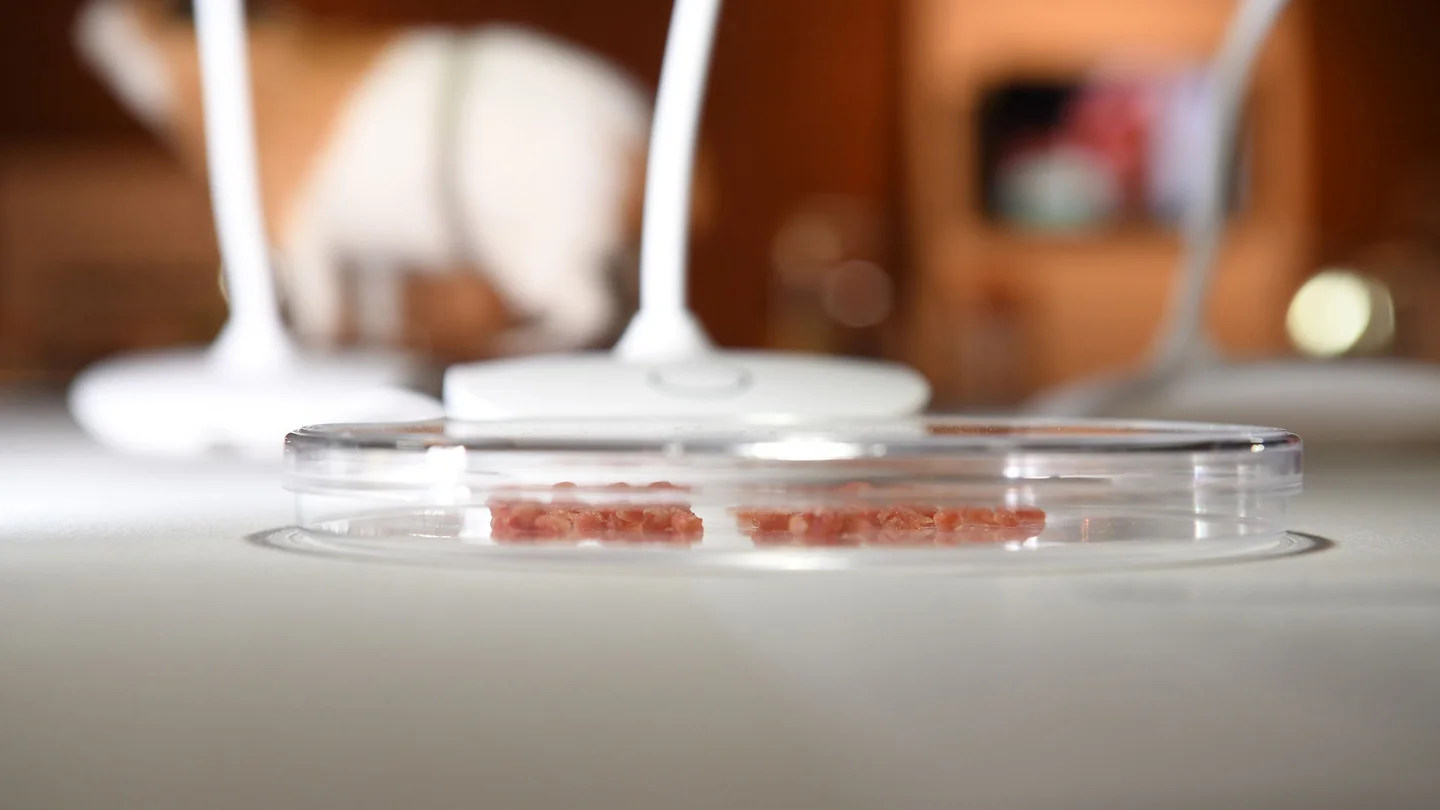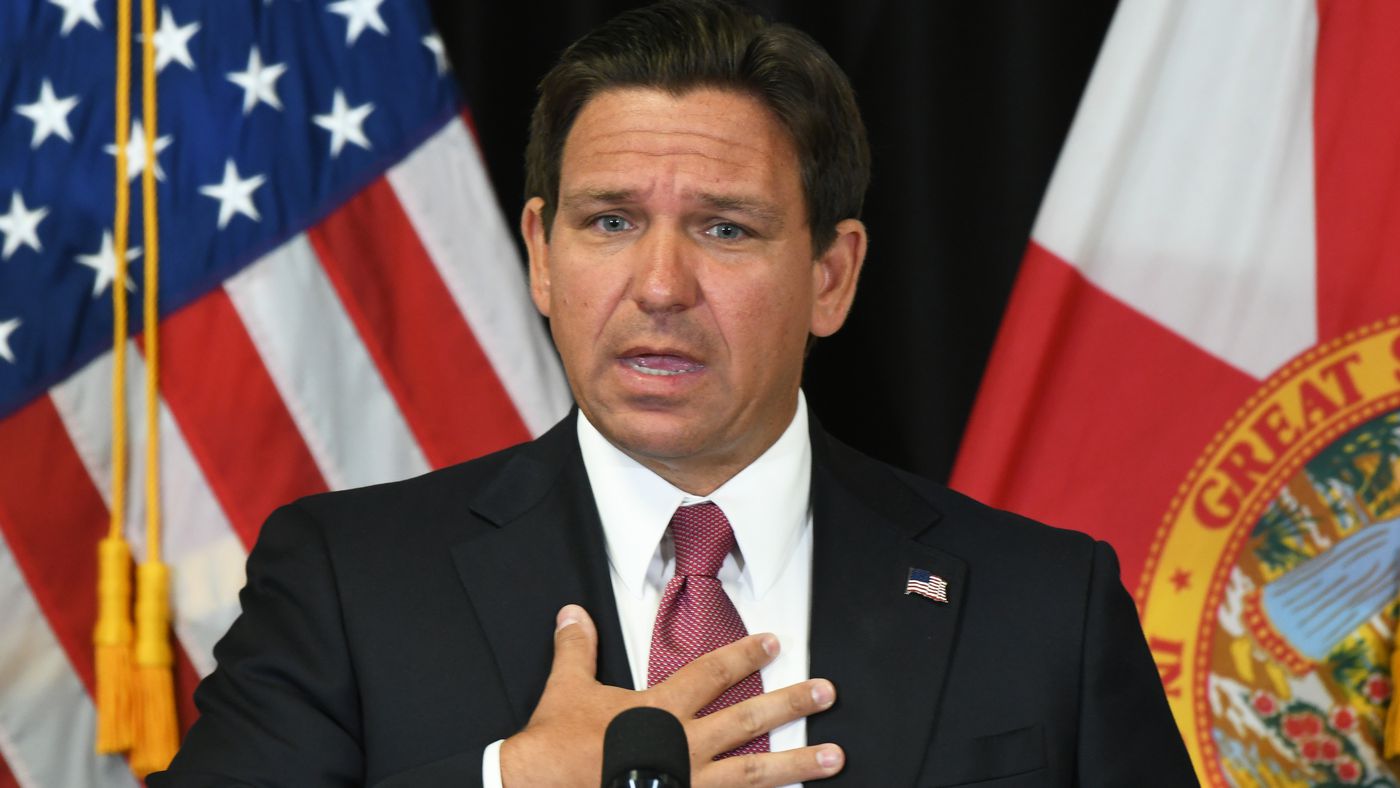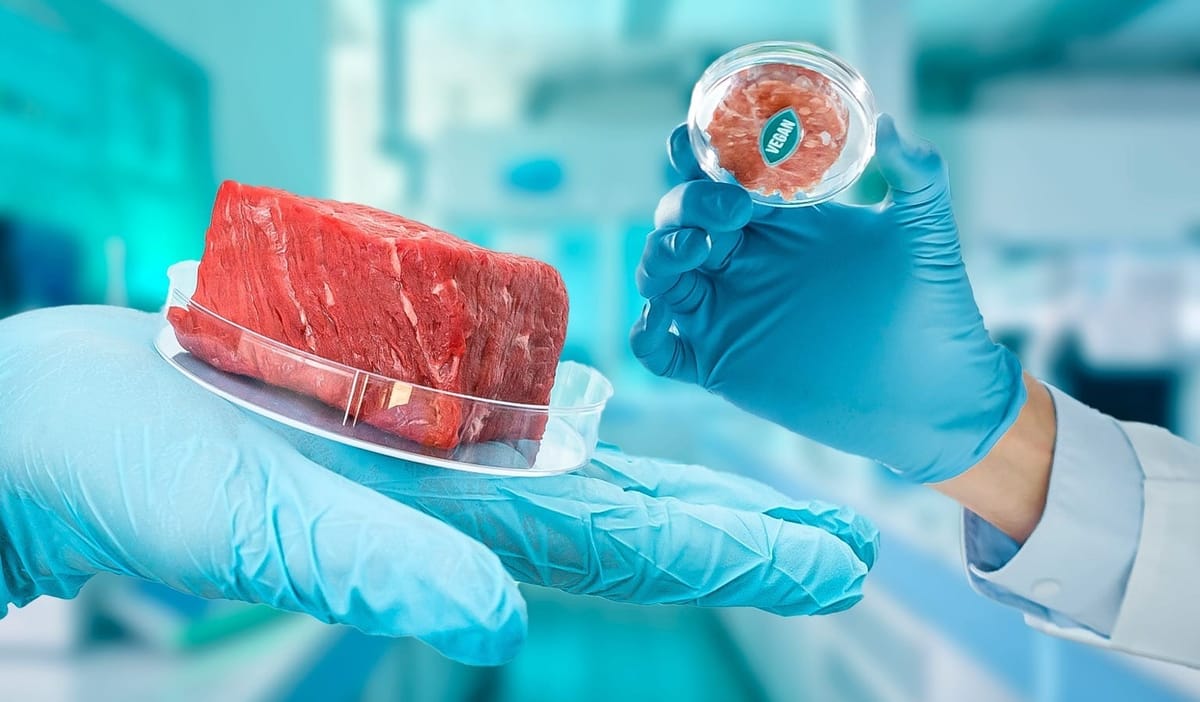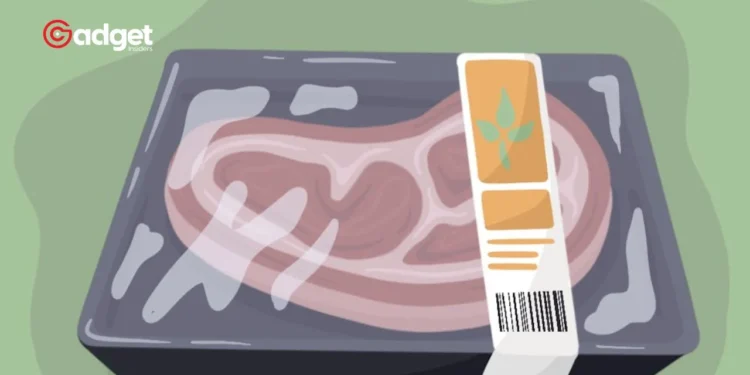As Florida sets the stage for a heated debate over food technology, new resident and tech titan Jeff Bezos finds himself at odds with Governor Ron DeSantis’s latest legislative move. The recent ban on lab-grown meat in Florida, announced by DeSantis, poses a direct challenge to Bezos’s substantial investment in the future of sustainable food production.

The Controversy Over Cultivated Meat
In an unexpected political twist, Governor DeSantis has positioned Florida against what he describes as the World Economic Forum’s push towards alternative protein sources like lab-grown meat and insects. The governor’s decision resonates with a broader narrative of resisting global elite agendas, a sentiment that has amplified the move’s publicity. This comes despite the fact that lab-grown meat is not yet available for commercial sale in the U.S., highlighting the preemptive nature of the legislation.
To protect Florida’s beef industry, Governor Ron DeSantis has signed a bill banning lab-grown meat in the state.
The #LabMeat ban includes the manufacture, sale & distribution of #LabGrownMeat.#RonDeSantis #GovernorDeSantis #Beef #SaveOurBeef pic.twitter.com/QLNediO2lV
— Huxley News (@HuxleyNews) May 4, 2024
Jeff Bezos, having recently relocated to Miami, has injected a whopping $60 million through the Bezos Earth Fund into initiatives developing plant-based, fermented, and cultivated meats. This investment is part of a broader $1 billion pledge to revolutionize food production to meet global demands sustainably. “We need to feed 10 billion people with healthy, sustainable food throughout this century while protecting our planet. We can do it, and it will require a ton of innovation,” stated Lauren Sánchez, vice chair of the Bezos Earth Fund.

Florida: A New Frontier for Billionaires and Innovation
Florida, currently home to an expanding roster of billionaires and tech giants, has seen significant investment from figures like Bezos, who recently purchased his third mansion in the so-called Billionaire Bunker of Indian Creek Island. The state’s favorable tax codes and the influx of corporate giants such as Amazon, Apple, and Microsoft have transformed South Florida into a burgeoning hub for innovation and luxury living.
However, DeSantis’s ban casts a shadow over these advancements, particularly in sectors like food technology, where Florida could play a pivotal role. The state’s robust cattle industry, which ranks 13th in the U.S., stands to benefit from traditional farming practices but may find itself isolated from the next wave of agricultural innovation.
The Wider Implications and Public Reaction
The news of the ban spread virally, fueled by a photo posted by X user Calah Jackson, showing DeSantis during a campaign visit to a meat facility in Iowa. The image, which garnered 40 million views, coincided with debates on the future of meat production. Steven McBee, owner of the facility and a supporter of lab-grown meat, points out the irony in the situation. McBee, who is focused on regenerative agriculture, expressed support for innovations that could replace factory farming: “But if lab-grown meat gets rid of factory farms where animals are born and raised under a roof and never see sunshine and never see grass—that’s not a bad thing, in my opinion.”

As tensions mount, the clash between traditional agricultural practices and futuristic food innovations presents a complex challenge for policymakers, entrepreneurs, and activists alike. With significant investments at stake and a rapidly growing population to feed, the decisions made today will shape the dietary landscape of tomorrow.
In conclusion, Florida’s legislative maneuvers against lab-grown meat, juxtaposed with Bezos’s vision for a sustainable food future, highlight a critical junction in the dialogue on food sustainability and innovation. As this story unfolds, it will be intriguing to see how other states and influential figures respond to Florida’s stance and what it means for the future of food technology in America.










